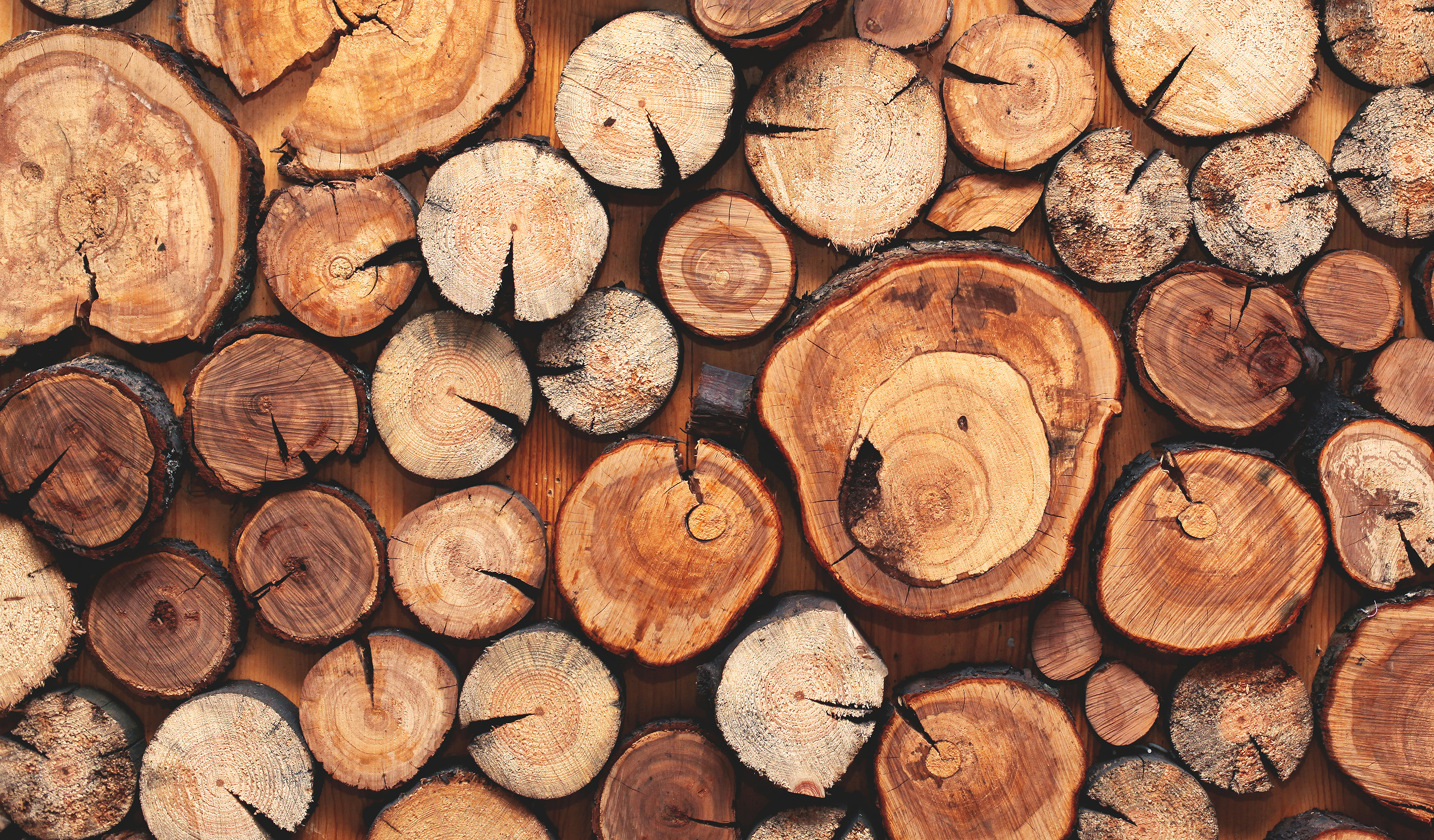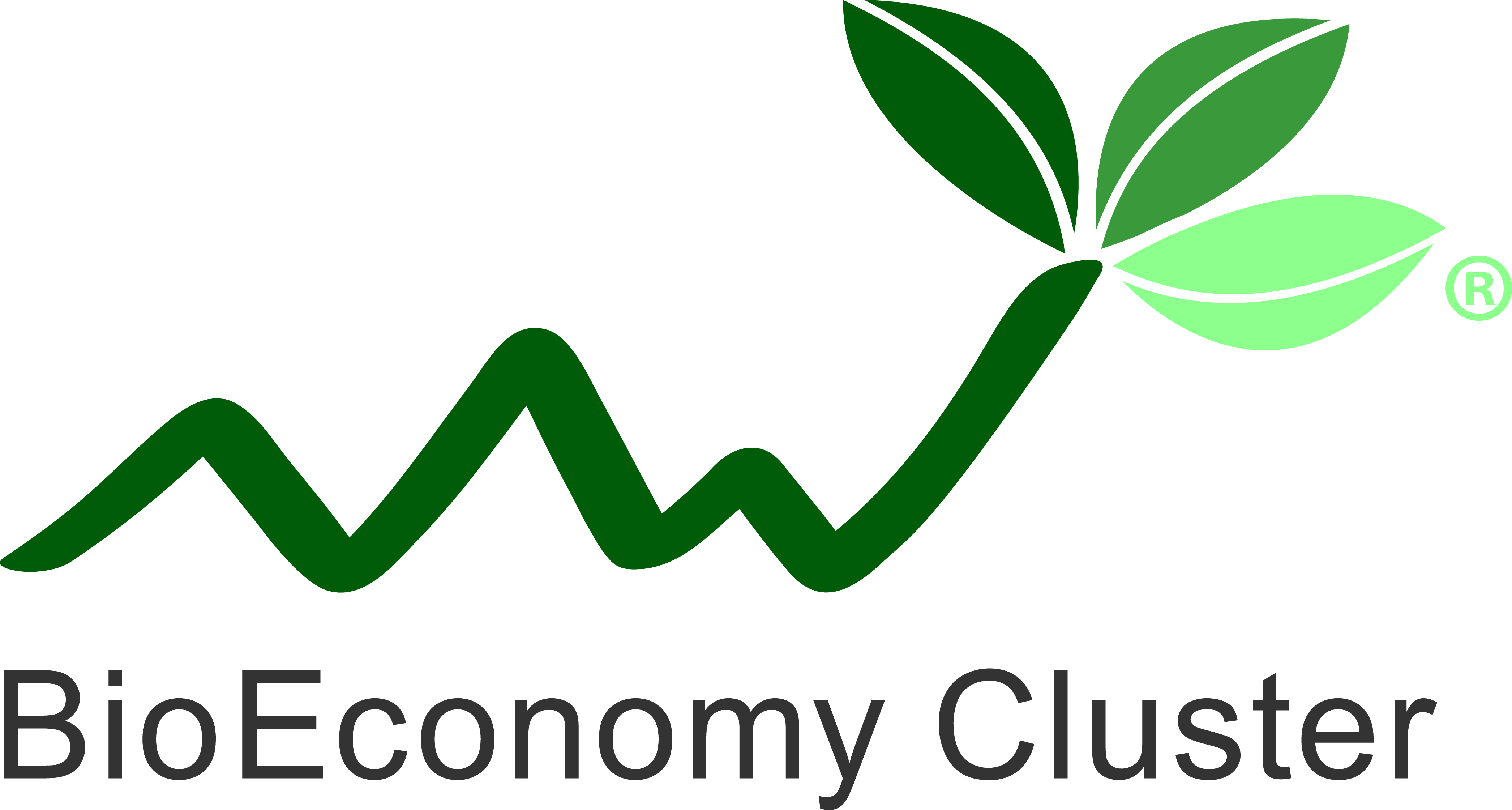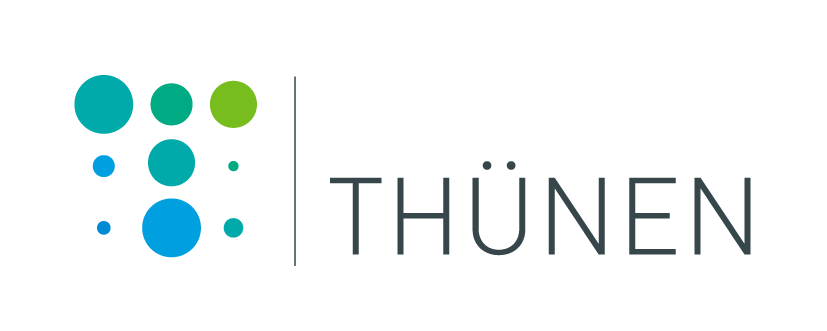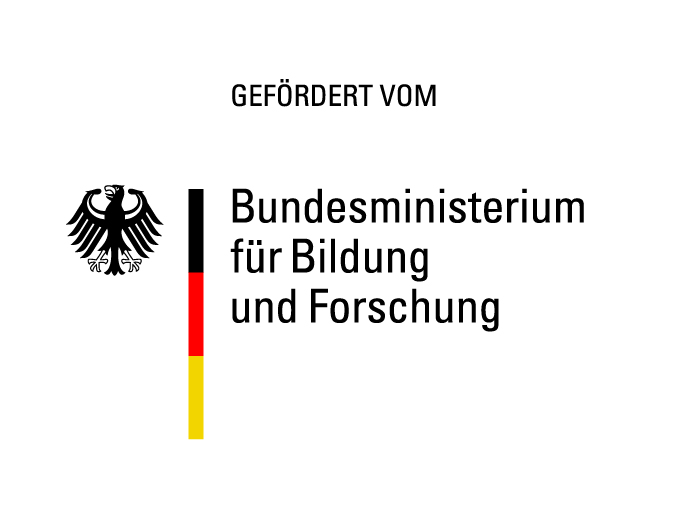LignoLink - Development of a European research and innovation network in the field of wood-based bioeconomy
Climate change has triggered a change in tree species composition in Central and Eastern Europe. In addition to the shift in the raw material base of the forestry and timber industries, this leads to serious economic changes. The spruce, the most important tree species in North-Eastern and Central Europe, is diminishing. In the future, assuming even a moderate climate change scenario, it will significantly reduce the area over which temperature and precipitation spreads. In return, dry-resistant tree species, such as oak species, become more dominant. Such hardwoods require different harvesting methods, provide more crop by-products, require special processing technologies, and are currently used mostly in other product types.
Transformation and adaptation processes in the wood industry
The timber industry in North-Eastern and Central Europe is, so far, strongly oriented to softwood, which will require extensive transformation and adaptation processes. The areas of South-Eastern Europe already have a stronger focus on hardwood species. Value chains, knowledge and experience must be analyzed and transferred to the conditions of other regions.
New approaches in wood processing
At the same time, Central and Northern Europe are characterized by a highly mechanized and automated wood processing sector. New approaches are directed at the use of hardwood in (composite) materials and in the chemical industry. Characteristic of this effort is the combination of industries, such as the timber and chemicals industries, which had little or no connections until now. To achieve this, LignoLink takes a holistic view of the bioeconomy. It looks at cross-sectoral material flows and increasing resource efficiency, two processes that are lacking in South-Eastern and Central-Eastern Europe.
Project Consortium
For the project’s implementation, Fraunhofer IMW, the Thünen Institute of Wood Research and BioEconomy e.V. serve in the consortium as experienced partners.
The Fraunhofer IMW has extensive expertise in the area of knowledge economy and internationalization strategies and processes. The Thünen Institute for Wood Research has many years of expertise in the material use of renewable, wood-based biomass. The vision of BioEconomy e.V. is to achieve a worldwide exemplary implementation of the bioeconomy in the Central German region, whose core is the bringing together of the chemicals industry and the timber industry.



